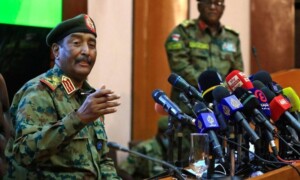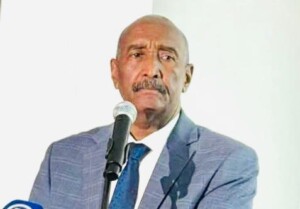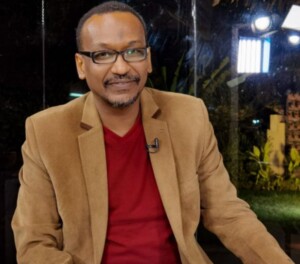Rebel-held areas in South Kordofan open for traffic, humanitarian aid
The government of South Kordofan and the Sudan People’s Liberation Movement-North faction under the leadership of Abdelaziz El Hilu have agreed to open a number of roads in the Nuba Mountains.
 El Azrag in South Kordofan (Nuba Reports)
El Azrag in South Kordofan (Nuba Reports)
The government of South Kordofan and the Sudan People’s Liberation Movement-North faction under the leadership of Abdelaziz El Hilu have agreed to open a number of roads in the Nuba Mountains.
In particular, the main roads of Heiban and Kauda, that are partly held by SPLM-N El Hilu, will be accessible for all traffic, Acting Governor of South Kordofan Gen Rashad Abdelhameed reported on Thursday.
He said that the South Kordofan government achieved “an unprecedented breakthrough in the peace process by opening common markets and restoring confidence between the people living in areas controlled by the government and those living in rebel-held areas.
“Peace has already been achieved on the ground in South Kordofan. What remains is the official signing of the peace agreement in Juba,” he said.
The governor explained that the road to Kauda is now not only open for ordinary traffic, but also for humanitarian aid operations – though he warned that the roads need to be cleared of land mines.
Access permitted
In end-September, the Sudanese government Humanitarian Aid Commission (HAC) approved a UN initiative to deliver humanitarian aid to people living in rebel-controlled areas in South Kordofan and Blue Nile state.
In October, Sudan’s Council of Ministers granted permission to the World Food Programme (WFP) to visit Kauda in South Kordofan for the first time in more than eight years. WFP Executive Director David Beasley reached Kauda on October 23.
Rebel leader El Hilu welcomed the step, and said that the permission “confirms that the old mentality of the ousted regime of Al Bashir has gone with him, and there are new people in Khartoum”.
Two months later, on December 18, Beasly visited the rebel-held area of Yabus in the extreme south of Blue Nile state.
Radio Dabanga’s editorial independence means that we can continue to provide factual updates about political developments to Sudanese and international actors, educate people about how to avoid outbreaks of infectious diseases, and provide a window to the world for those in all corners of Sudan. Support Radio Dabanga for as little as €2.50, the equivalent of a cup of coffee.












 and then
and then